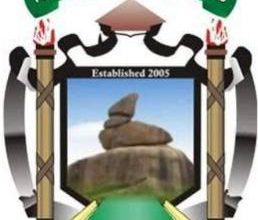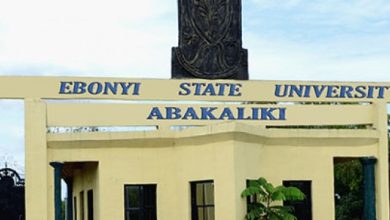Best Universities to Study Quantity surveying in Nigeria
As a student interested in pursuing a degree in quantity surveying in Nigeria, choosing the right university is critical to your success and career prospects. Some of the factors you will want to consider are the quality of education, faculty expertise, facilities available, and career support services offered. This article provides an overview of some of the best universities in Nigeria to study quantity surveying based on these factors. With a thorough assessment of your options, you can find the program best suited to help you achieve your goals as an aspiring quantity surveyor.
Quantity surveying is a growing field in Nigeria due to increasing construction activities. Quantity surveyors provide cost management services for construction projects. They estimate the costs for a project, create budgets, monitor costs, and provide solutions to reduce expenditures.
READ ALSO: Best Universities to Study Chemical Engineering in Nigeria
Best Universities to Study Quantity surveying in Nigeria

To become a quantity surveyor in Nigeria, you need a university degree in Quantity Surveying. Some of the top universities for this program include:
1. Obafemi Awolowo University
Offers a BSc in Quantity Surveying. It is one of the leading universities in Nigeria with a reputable Building department.
2. University of Lagos
The University of Lagos in Akoka, Lagos State offers a BSc in Quantity Surveying that provides a broad-based education in topics such as measurement of construction works, cost planning and control, construction procurement methods, and real estate valuation. The program aims to produce graduates with the skills and competence to work as quantity surveyors in construction and allied industries.
3. Ahmadu Bello University
Ahmadu Bello University in Zaria, Kaduna State offers a BSc in Quantity Surveying that provides instruction in building and civil engineering measurement, cost management, construction project management, and building maintenance. The program seeks to equip students with the technical and managerial skills required to work as quantity surveyors.
4. University of Nigeria Nsukka
The University of Nigeria in Nsukka, Enugu State offers a BSc in Quantity Surveying that provides education in key areas such as pre- and post- contract cost management, measurement of building and civil engineering works, and construction project planning and management. The program aims to produce graduates with the knowledge and skills for professional practice as quantity surveyors.
5. Federal University of Technology Minna
Offers a BTech in Quantity Surveying. It focuses on science and technology and provides practical training for students.
To gain admission into these programs, you need to meet the minimum entry requirements which typically include five credits in WASCE/NECO including English Language, Mathematics, Physics and any two other subjects. The duration of study is four years. Upon graduation, you can become a registered quantity surveyor with the Quantity Surveyors Registration Board of Nigeria.
With increasing investment in Nigeria’s construction sector, quantity surveying presents many career opportunities. The universities listed above will equip you with the necessary knowledge and skills to succeed as a quantity surveyor.
READ ALSO: Best Universities to Study Nigerian Languages in Nigeria
FAQs
What is Quantity Surveying?
Quantity Surveying is the management of costs relating to building and civil engineering projects. Quantity Surveyors analyze costs of construction projects and provide advice on budgets, cost planning and cost control.
What do Quantity Surveyors do?
Quantity Surveyors determine costs for building and civil engineering projects. Their main duties include:
- Preparing estimates and cost plans for construction work.
- Valuing completed work and arranging interim and final payments.
- Advising on contractual claims and disputes.
- Controlling costs during construction projects.
- Preparing bills of quantities for tendering purposes.
- Providing procurement advice and administering contracts.









